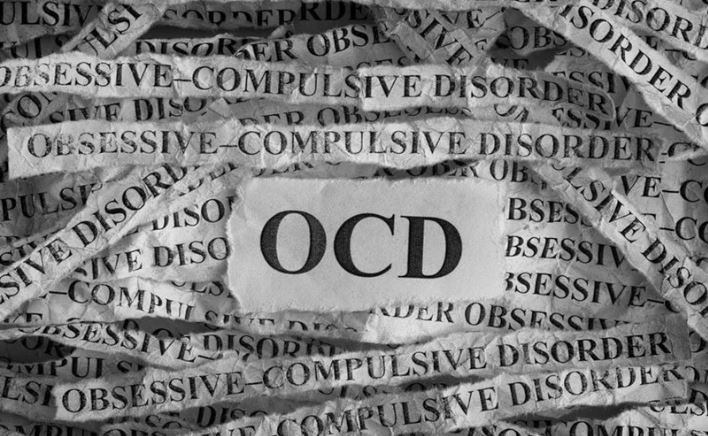The results were striking: those who consistently added salt to their meals were found to have a significantly higher risk of developing both conditions
Salt, a staple in kitchens around the world, has long been linked to a host of health issues, but new research now suggests that its effects may extend to mental health as well. Recent studies indicate that excessive salt intake might contribute to depression and anxiety, raising fresh concerns about the role of diet in emotional well-being.
Scientists at Nanjing Medical University in China have discovered that a high-salt diet can trigger depression-like symptoms in mice. Their research points to the cytokine IL-17A, an infection-fighting protein that also plays a role in regulating inflammation. The study suggests that when mice consume too much salt, the production of IL-17A is altered, potentially leading to behaviors reminiscent of depression. Dr. Xiaojun Chen, the lead author of the study, explained, “This work supports dietary interventions, such as salt reduction, as a preventive measure for mental illness. It also paves the way for novel therapeutic strategies targeting IL-17A to treat depression.”
These findings from animal research echo the results of an extensive epidemiologic study conducted using data from the UK Biobank. This large-scale investigation followed 444,787 adults over an average period of 14.5 years. The study examined how often individuals added salt to their foods and tracked the onset of diagnosed depression and anxiety.

The results were striking: those who consistently added salt to their meals were found to have a significantly higher risk of developing both conditions. Compared to individuals who rarely or never added extra salt, participants who sometimes, usually, and always added salt experienced a 7%, 18%, and 29% increase in the hazard of depression, respectively. Additionally, those in the “always” group had a 17% higher risk of developing anxiety.
The implications of these studies are far-reaching. They suggest that something as simple as reducing salt intake could have a meaningful impact on mental health. Public awareness campaigns aimed at promoting reduced salt consumption might not only help in preventing cardiovascular disease and other physical ailments but could also serve as a preventive measure against depression and anxiety.
With diet emerging as a key determinant of mental health outcomes, these findings underscore the need for further research and a re-evaluation of nutritional guidelines. As scientists continue to unravel the complex relationship between salt consumption and mental health, one thing is clear: sometimes, a little less salt might be a big step toward a healthier, happier life.













